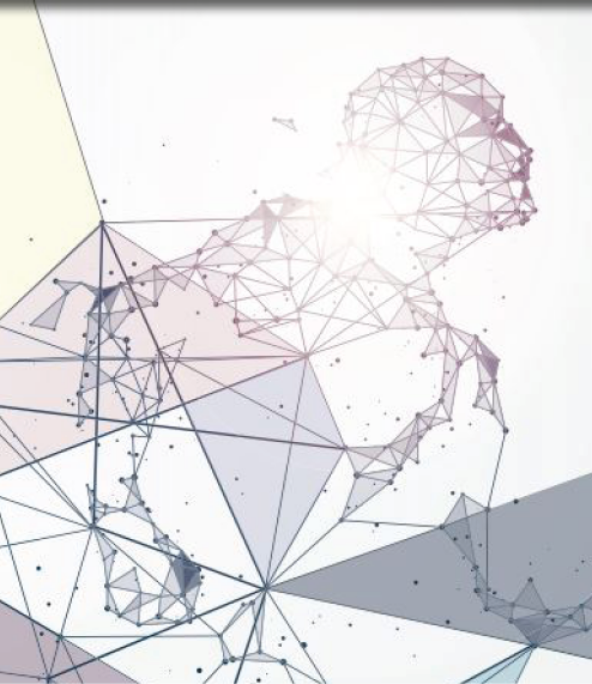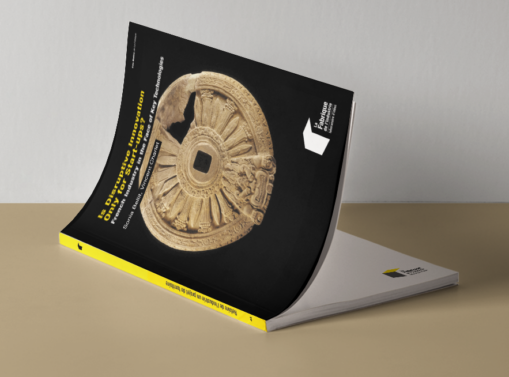The industry of the future: Technical progress? Social progress? A Franco-German approach
This note is the synthesis of a series of meetings we did in 2016 and 2017 organized by the Jean Jaurès Foundation, the Friedrich- Ebert Foundation and La Fabrique de l’industrie.
A global race is underway to accelerate the industrial sector’s transition towards a new production model centred on digital network architectures, or “smart factories”.
Germany kicked off the contest in 2011 when it launched Industrie 4.0 (pronounced “vier punkt nul”), the first national initiative to gather stakeholders around the same goal, i.e. to maintain German leadership in the production of top-market industrial equipment, faced with rising competition from China and South Korea on the one side, and on the other side US giants capable of “disrupting” markets through big data management. True to its dialogue tradition, Germany matured its ideas slowly, making sure to include all stakeholders.
In France, the embryo of what went on to become the “industry of the future” programme – as it was later called – emerged in 2013, led by the ministry for industrial recovery. The programme put forward two main objectives: to support investment to modernize the industrial base and produce higher-quality goods; and to accelerate the digital transformation of companies. Both domains in which French industry was lagging behind.
The objectives pursued by their national programmes differed little in theory, but the situation of industry was far from similar in the two countries. While German industry boasted healthy export figures, supported by national and regional mobilization around its prosperity, it was not until 2010 that France woke up to its industrial inertia and began adopting measures to restore business competitiveness.
French industry found itself caught in a vicious circle, with companies’ margins too low to support investment, an ageing production system, and a decreasing capacity to innovate. The concept of the industry of the future provided a solution to this situation, by setting a course of action and fostering synergy between public and private actors. It thus brought the hope of stemming the deindustrialization process taking place in France. A recent more supply-side policy, coupled with a less subdued economic climate, have also given margins a chance to recover.
France and Germany are frontline trade partners, the founders and drivers of European construction, at a time when regional disparities and the absence of a common industrial policy are a source of fragility for Europe in the face of strong global competition. The two countries must stand together to encourage all of their partners to take concerted measures to boost industry, for example by getting involved in the definition of European norms and standards and, as so aptly put by Jean-Louis Levet, to move “from a Europe facing the competition to a Europe in the competition” (1).
Despite their differences, both countries share concerns about the social and societal consequences of the digital revolution. The interconnection and use of data have impacts far beyond industrial production. They challenge the fundamental elements of the working world and the traditional organization of welfare, and can therefore be disconcerting, even worrying. It is therefore indispensable to tackle them not just from a technical angle, but by considering all of their positive and negative externalities. What will the social costs of these changes be? How can technical innovation be transformed into social innovation, bringing progress for all of society? In what conditions can technical innovation and social progress converge?
These questions justified a French and German brainstorming to reflect on a fast-changing theme. This is what we did in 2016 and 2017 in a series of meetings organized by the Jean Jaurès Foundation, the Friedrich- Ebert Foundation and La Fabrique de l’industrie, with support from the French ministry for the economy, industry and the digital sector, and the participation of the magazine Alternatives économiques. The meetings took place in three phases: a meeting between France and Germany was organized on 23 June 2016; a French round table gathering a state representative, a trade union representative and an employer representative was held on 8 December 2016; and on 20 April 2017, a workshop involving French and German participants from companies and local areas was chaired by Christophe Sirugue, at the time secretary of state for industry, the digital sector and innovation in the French government, and Günther Horzetzky, secretary of state to the ministry of the economy, energy, industry, SMEs and crafts of the North Rhine-Westphalia Land.
The very rich output of these meetings is summarized here. The diverse points of view provide a source of inspiration for future policies, which are not the prerogative of the state and public actors. Stakeholders in society, companies, researchers and citizens must also take part in building a common vision to ensure that the shift to the digital world is an occasion for the progress of the whole of society. After all, open dialogue and the capacity to work together should be crucial features of the industry of the future.
To order the Note in paper version, please go to the Presses des Mines website.
1. Jean-Louis Levet (editor), Concrétiser l’ambition industrielle, Fondation Jean Jaurès, April 2014.




